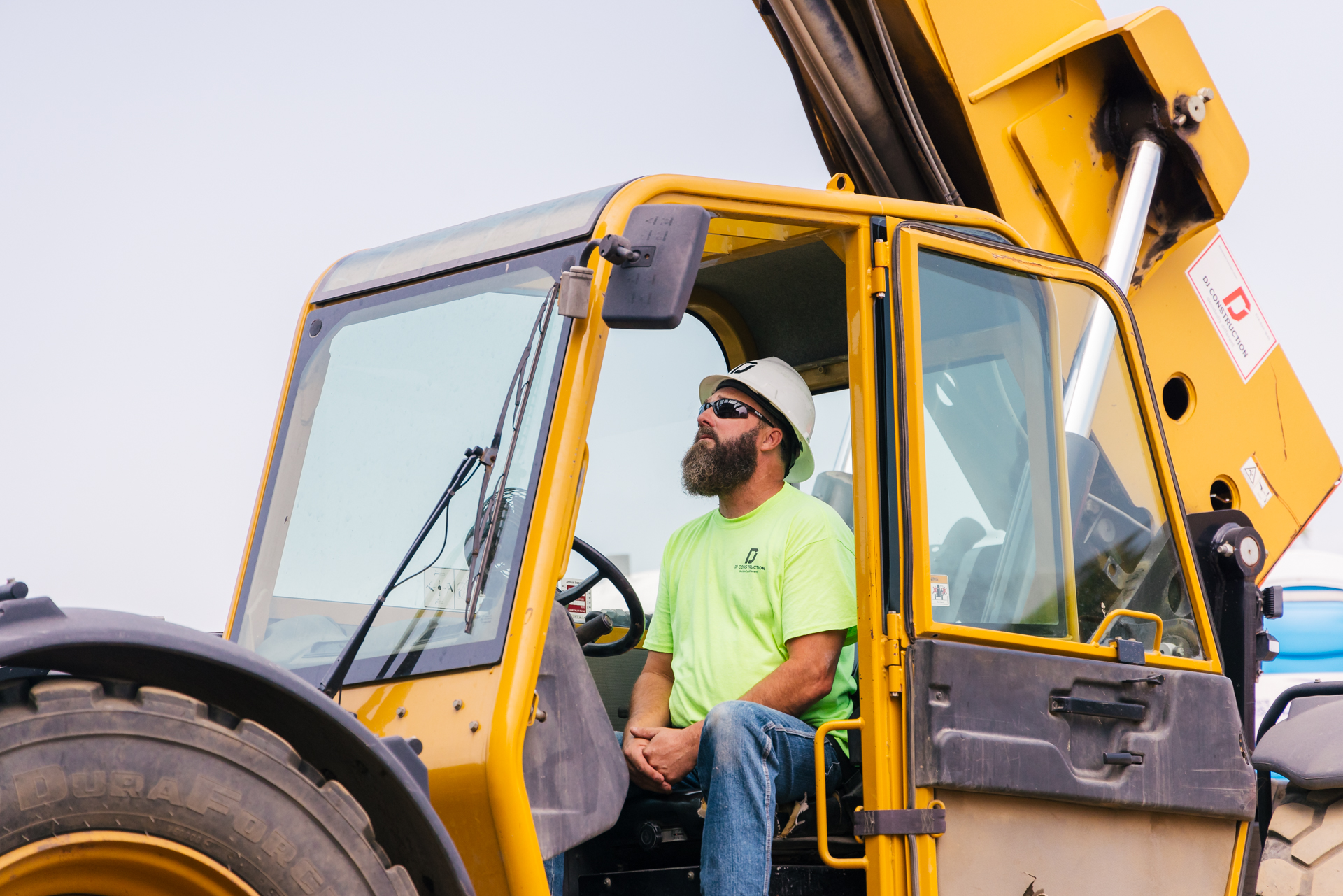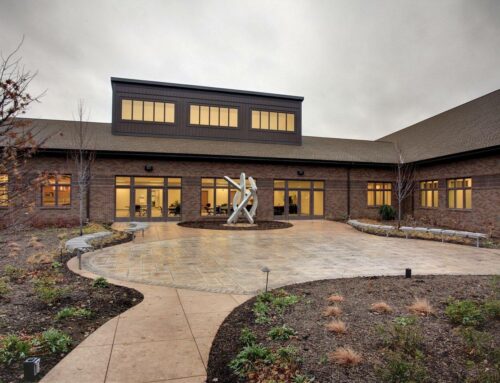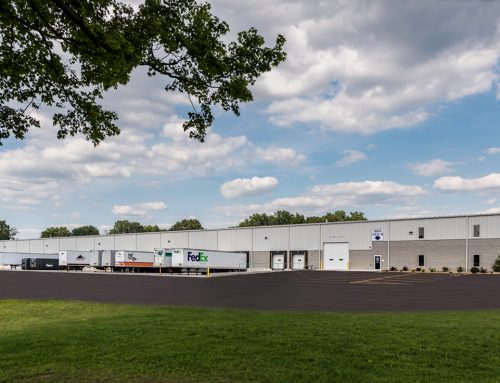Construction sites are dynamic, exciting, and busy. However, they can also be hazardous. While it may seem obvious to say that safety should always be a top priority in the construction industry, there may be more than meets the eye to safety regulations. In this blog, we’ll explore the crucial importance of safety measures on construction sites, and why they should never be compromised.
- Protecting Lives
First and foremost, safety measures on construction sites are implemented to protect the lives of workers, visitors, and anyone in the vicinity. Construction sites can be rife with potential dangers, such as heavy machinery, heights, electrical hazards, and more. Proper safety protocols, equipment, and training can mean the difference between life and death in the event of an accident.
- Reducing Injuries
Even when accidents don’t result in fatalities, construction-related injuries can be severe and life-altering. Safety measures are designed to reduce the risk of injuries, including falls, cuts, burns, and sprains. By following safety guidelines, workers can significantly decrease the chances of getting hurt on the job.
- Enhancing Productivity
A safe work environment is often a more productive one. When workers feel secure and know that their safety is a priority, they tend to be more focused and motivated. Conversely, when safety is compromised, workers may become anxious or distracted, which can lead to costly mistakes and delays.
- Reputation and Trust
For construction companies, maintaining a reputation for safety is paramount. Clients are more likely to hire contractors with a strong safety record. Likewise, subcontractors and skilled workers are more inclined to collaborate with companies known for their commitment to safety. Safety measures can help build trust within the industry and lead to long-term success.
- Cost Savings
Investing in safety measures may require an upfront cost, but it can save construction companies significant amounts in the long run. Fewer accidents mean fewer workers’ compensation claims, lower insurance premiums, and reduced legal expenses. Additionally, it prevents costly project delays resulting from accidents or safety violations.
- Environmental Responsibility
Safety measures often go hand in hand with environmentally responsible practices. Proper waste disposal, pollution control, and conservation efforts contribute to a safer and more sustainable construction site. Demonstrating environmental responsibility can also enhance a company’s reputation and competitiveness.
- Legal Compliance
Construction sites are subject to various local, state, and federal regulations, which mandate safety standards and practices. Failing to adhere to these regulations can lead to legal consequences, including fines and project delays. Staying in compliance not only keeps workers safe but also ensures the project stays on track and within budget.





